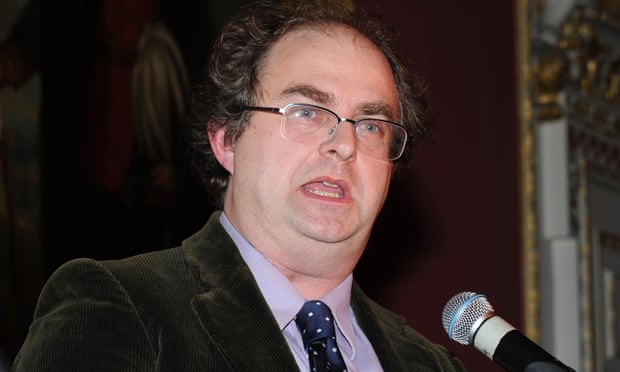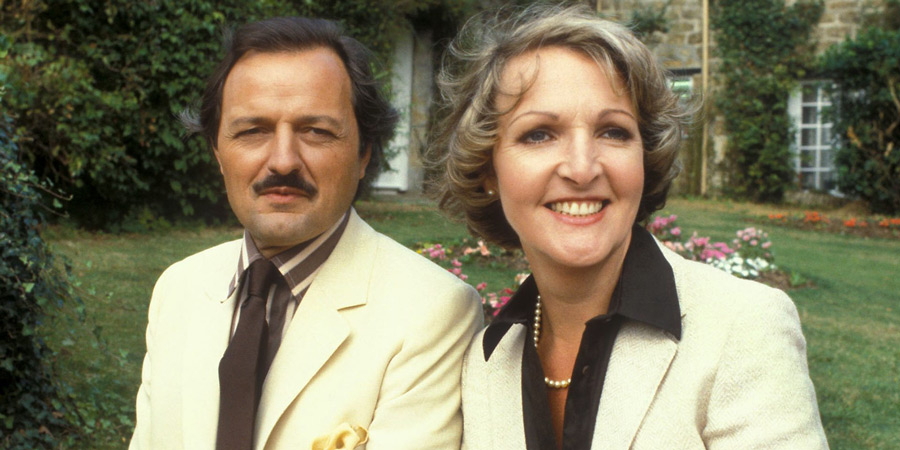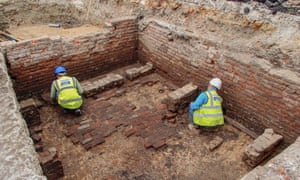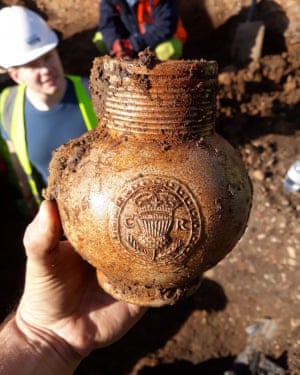The Red Lion playhouse was created by John Brayne, who nine years later went on to construct
the Theatre in Shoreditch with James Burbage, the father of the Elizabethan actor Richard Burbage. The Theatre was the first permanent home for acting troupes and staged plays by Shakespeare in 1590. After a dispute it was dismantled and its timbers used in the construction of the more famous Globe on Bankside.
Before the Globe and the Theatre, there was the Red Lion, which was in effect a prototype, said White.
All that is known of the Red Lion comes from two lawsuits describing timber scaffolds or galleries around the stage. The stage measured 40ft (12.2 metres) north to south by 30ft (9.1 metres) east to west, at a height of 5ft (1.5 metres).
White recalled the mounting excitement when they realised they were discovering evidence of just such a structure. “We started finding timbers and then uncovered this whole structure. It was very exciting.”
The playhouse structure was part of a complex that included the Red Lion Inn. Among other discoveries are probable beer cellars as well as beakers, drinking glasses and tankards.
The team also found bone groups of dogs whose teeth had been filed down. That and other evidence suggests the playhouse was reused as a baiting pit in the 17th century







